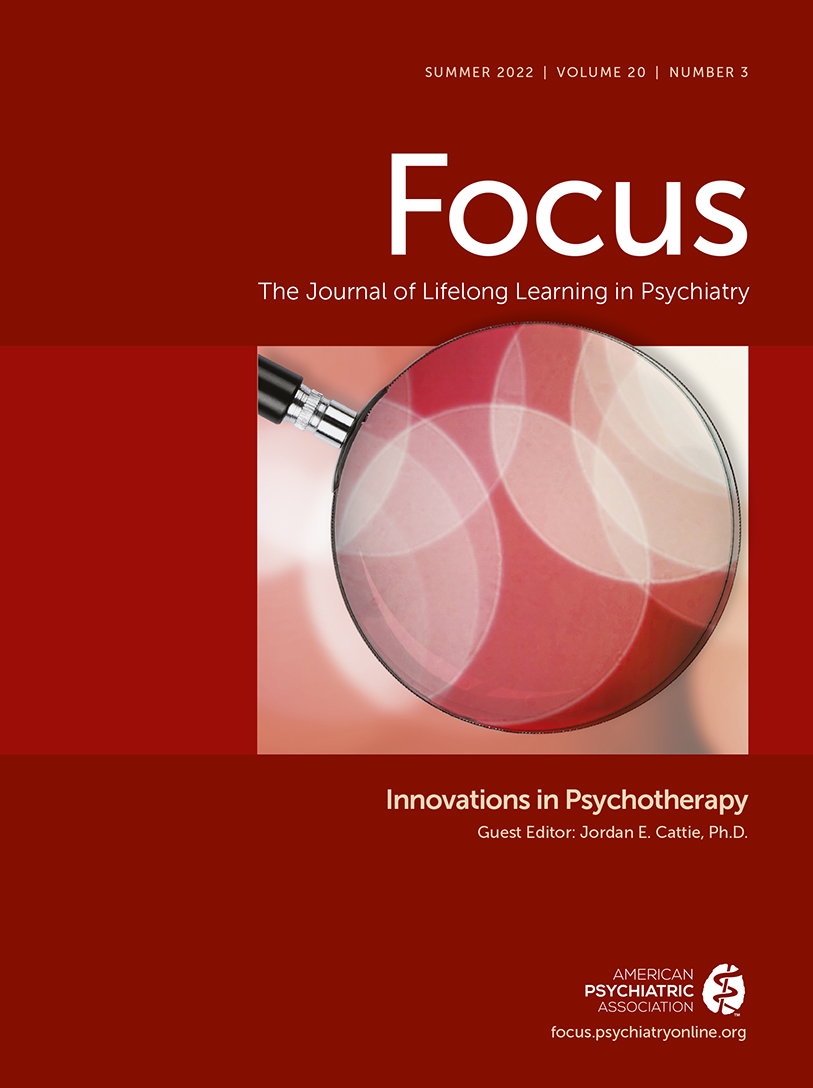Mental and Physical Health Concerns in the Context of COVID-19: Opportunities and Applications for Behavioral Medicine
Abstract
Numerous physical and mental health concerns have been documented in the context of COVID-19, and it is likely that patients, survivors, frontline health care workers, and other affected individuals will present to psychiatry for treatment. Behavioral medicine, an interdisciplinary field that is defined by a behavioral and biomedical conceptualization of clinical care, offers an opportunity for collaboration with psychiatry and other health care providers to meet the myriad needs resulting from the pandemic. This review summarizes a conceptual framework of behavioral medicine and clinical health psychology, COVID-19–related quality of life concerns that may be applicable to behavioral medicine referrals, clinical assessment directions, and intervention opportunities. The review combines both findings specific to COVID-19 and general behavioral medicine principles with an overall goal of providing a basic introduction to behavioral medicine practice, applications, and opportunities for management of medical and psychological symptoms.



